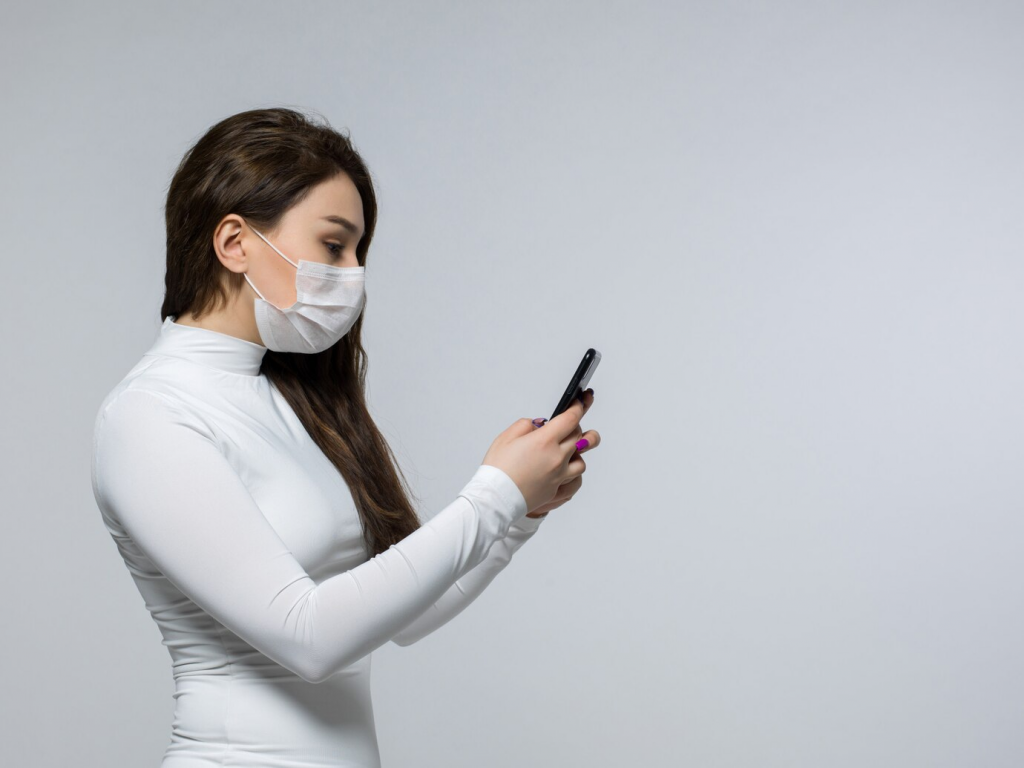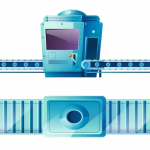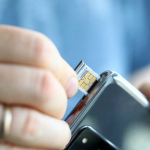Body temperature is a vital indicator of one’s health, often used to detect a fever or illness. Traditional methods of measuring body temperature include oral thermometers, where one is required to hold a thermometer under the tongue for a minute or so, and infrared thermometers, which measure the heat emanating from the forehead. However, with the advent of smartphone technology, the question arises—could your phone be the next tool for checking body temperature?
The importance of accurate readings cannot be overstressed when it comes to gauging one’s health. A normal body temperature, typically around 98.6°F (37°C), can fluctuate due to various factors, including activities and environmental conditions. Accurate temperature measurements are crucial in diagnosing fevers, which might also be a symptom of infection or other health complications.
Technological advances have significantly impacted medical devices, and smartphones, with their built-in temperature sensors, are on the front lines of this innovation. These sensors, although primarily designed for measuring room temperature and device temperature, might not be perfectly suited for medical purposes. Nevertheless, they could also be tweaked and calibrated to estimate body temperatures under certain conditions.

Possibilities With Smartphones
The capabilities of current smartphone technology are remarkable. Numerous applications and hardware add-ons have been developed, claiming the ability to read an individual’s body temperature. Here’s how temperature measurements might be taken using a smartphone:
- Infrared Sensor Technology: Some high-end phones come equipped with built-in infrared (IR) sensors that can measure surface temperature of objects, which includes the skin temperature as well. These sensors work like non-contact forehead thermometers, offering estimated body temperature readings when positioned appropriately.
- External Device Attachments: There are also devices that can be plugged into a phone’s charging or audio port, transforming the phone into a more accurate thermometer. These attachments often work in tandem with thermometers apps, designed to present temperature data in an accessible manner.
While these methods are innovative, they come with their own set of limitations and require specific conditions for more accurate readings. For example, an individual’s skin temperature does not accurately reflect their core body temperature, which is what medical professionals are concerned with when assessing someone’s health.
How to Check Your Body Temperature With a Phone
| Step | Description |
|---|---|
| 1 | Download a reputable thermometer app from your phone’s app store. |
| 2 | If using an external device, attach it to your phone as per the manufacturer’s instructions. |
| 3 | Follow the app’s guidance for taking a reading, which may include instructions on where to place the device. |
| 4 | Stay still while the reading is being taken, as movement can cause inaccuracies. |
| 5 | Record the reading and monitor any fluctuations over time to see trends. |

Limitations and Considerations
When considering phone-based thermometry, one must understand the variances in its accuracy. Studies have proven that oral temperatures provide a more accurate reflection of core body temperature compared to skin temperature readings, which are easily affected by external factors. Consequently, temperature readings from phones should not be solely relied upon for health assessments.
The smartphones’ temperature sensors were originally intended for optimizing the phone’s own operations and ensuring that electronic components are not overheating—measuring body temperatures was not their intended purpose. Hence, there are concerns regarding the accuracy of these temperature readings when compared to readings from medical-grade devices such as oral thermometers.
Furthermore, core body temperature is a more stable and reliable measure of an individual’s health status than skin temperature, which might not correlate directly with the internal body temperature. Environmental factors, like being in a room that’s too cold or too warm, can skew skin temperature readings, resulting in less reliable data.
Future Developments in Smartphone-Based Thermometry
The continuous advancements in sensor technology might soon bridge the gap between the capabilities of smartphone-based thermometry and medical-grade thermometers. Companies are investing in research to develop more sensitive and accurate temperature sensors that could be integrated into smartphones without the need for external attachments.
- Advancements in Sensors:
- Potential sensors that can measure core body temperature directly through the smartphone, perhaps through non-invasive infrared technology or other innovative means.
- Machine learning algorithms that can analyze temperature trends and provide more precise estimations of core body temperature, while compensating for environmental variables.
- Potential Impact on Healthcare:
- A future where smartphones contribute significantly to remote patient monitoring and telemedicine, potentially lowering healthcare costs and making medical care more accessible.
- New apps that integrate temperature data with other health markers to provide a comprehensive picture of a user’s health, alerting them to seek professional advice when necessary.
As these technologies evolve, they might also include features that help in determining not only fever but other physiological changes that warrant professional medical attention. This could transform the way we approach preventative care and enhance our ability to monitor health conditions in real-time.

Conclusion
While current smartphone temperature measurements present a delightful concept in theory, they should not yet be considered a replacement for more traditional and accurate methods. Under proper conditions, however, they can offer a reasonable estimation of skin temperature which might be sufficient for general monitoring purposes. The key to effectively checking body temperature with your phone is to understand its limitations and use it as a supplementary tool for health monitoring. As sensor technology continues to make leaps and bounds, we may soon see smartphones providing more accurate readings that could revolutionize self-care and preventative health measures. Ultimately, individuals should continue to consult with healthcare professionals for health concerns and rely on clinically-approved devices for precise temperature measurements.
FAQs
Q: Can I check my core body temperature using my smartphone?
A: Currently, smartphones are not equipped with sensors to directly measure core body temperature. They can sometimes provide an estimated reading of skin temperature, which might not accurately reflect core body temperature.
Q: How accurate are smartphone temperature readings?
A: Smartphone temperature readings are generally less accurate than medical-grade thermometers. Factors such as room temperature and proper sensor placement can impact the accuracy of the readings. They should be used cautiously and not as a substitute for professional medical devices.
Q: Are there specific apps that can turn my phone into a thermometer?
A: Yes, there are various apps available in the app stores that claim to measure body temperature. However, many require the use of an external device attached to the phone, as most smartphones do not have the necessary built-in sensors.
Q: Should I trust the health data from my smartphone thermometer app?
A: While it’s okay to use the data for general monitoring, you should not rely solely on a smartphone app for health management. It is always best to verify the information using a clinically approved thermometer, especially if you suspect a fever or illness.
Q: Will smartphone thermometers replace traditional thermometers in the future?
A: It’s possible that as sensor technology advances, smartphones could offer a convenient and accurate method for body temperature measurement. However, they are not likely to replace traditional, clinically-approved thermometers any time soon due to the required level of precision and reliability in medical readings.


